AeroGenie — 您的智能副驾驶。
热门趋势
Categories
Flying Taxis Move Closer to Reality: What Travelers Should Know
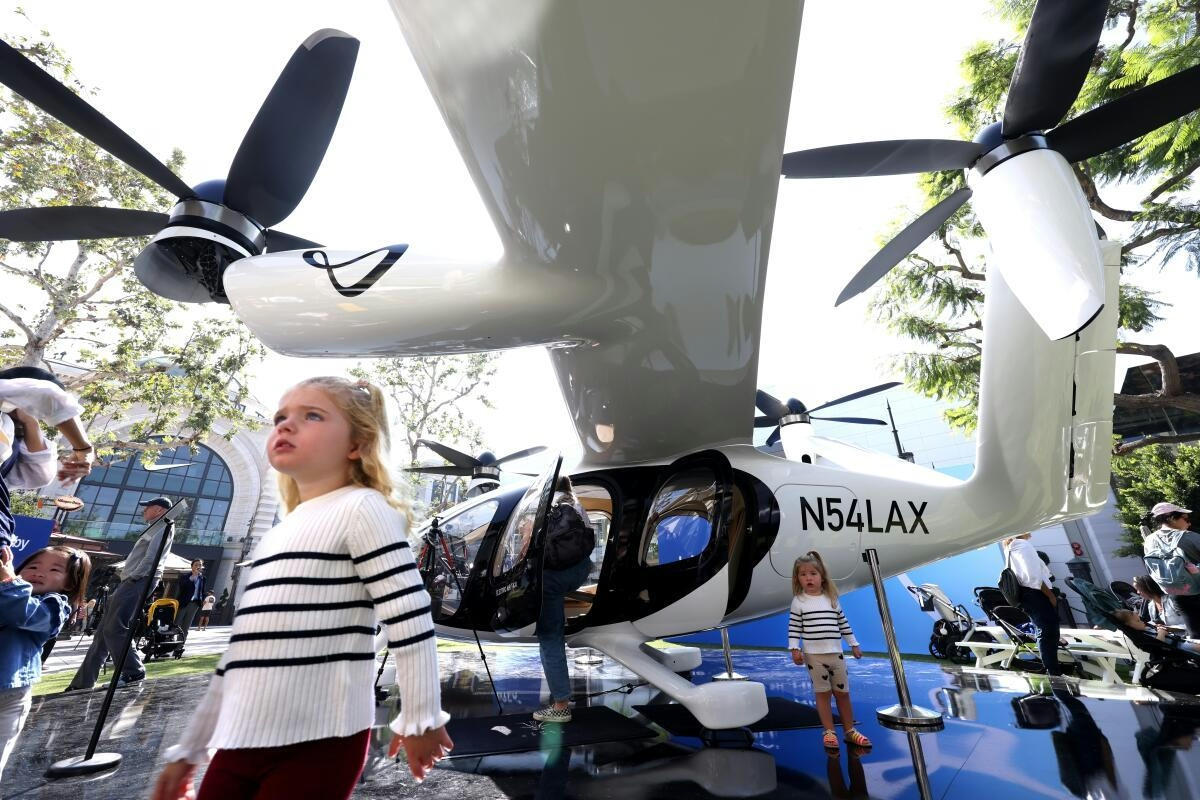
Flying Taxis Move Closer to Reality: What Travelers Should Know
Dubai’s Ambitious Leap into Aerial Mobility
For decades, the concept of flying cars has captivated the public imagination, inspired by iconic visions from popular culture such as The Jetsons and Back to the Future II. This futuristic dream is now approaching tangible reality, with Dubai emerging as a global pioneer in commercial flying taxi services. The city, renowned for its rapid technological advancements and striking skyline, aims to launch these services as early as 2026.
The flying taxis, developed through a collaboration between California-based Joby Aviation and Dubai’s Roads and Transportation Authority, resemble large-scale drones capable of carrying passengers. These electric vertical takeoff and landing (eVTOL) vehicles will operate from specially constructed “vertiports,” with four such hubs planned for the initial rollout. Unlike conventional helicopters, these taxis will be remotely operated, offering a pilot-free and largely autonomous travel experience.
Dubai’s adoption of flying taxis aligns with its broader commitment to innovative infrastructure, which already includes a driverless metro system and an extensive public transit network. Despite these advancements, the city continues to face significant traffic congestion. Flying taxis present a potential solution by transporting commuters above ground-level gridlock. However, the service is expected to be costly initially, likely positioning it as a premium option for affluent travelers.
Advantages and Challenges of Flying Taxi Technology
The introduction of electric flying taxis offers several notable benefits. Their electric propulsion systems promise a reduced carbon footprint compared to traditional aircraft, while their quieter operation could lessen noise pollution in urban environments. The absence of onboard pilots may also appeal to passengers seeking privacy and a novel travel experience.
Nevertheless, the path to widespread adoption remains complex. The global race to develop eVTOL technology has witnessed both remarkable progress and significant setbacks. While companies such as Archer Aviation have garnered attention with ambitious projections and public demonstrations, others have encountered difficulties. For instance, Supernal recently suspended its eVTOL program after underestimating the costs and operational challenges involved. Some competitors have shifted focus or abandoned their projects, whereas firms like Joby Aviation and Alef Aeronautics continue to advance their developments.
Regulatory frameworks, safety standards, and economic feasibility represent substantial hurdles. Governments are beginning to address these issues; in the United States, a pilot program initiated during the Trump administration seeks to establish foundational regulations for electric flying taxis. However, considerable work remains before the technology can achieve mainstream adoption.
Dubai at the Forefront of the Aerial Revolution
Currently, Dubai stands at the vanguard of this emerging aerial transportation revolution. Its flying taxi initiative is poised to become one of the city’s most prominent attractions. Should the initial phase prove successful, the network of vertiports could expand rapidly, reflecting Dubai’s reputation for ambitious and swift development. As this vision unfolds, travelers may soon find themselves soaring above the city, experiencing a long-anticipated glimpse of the future.
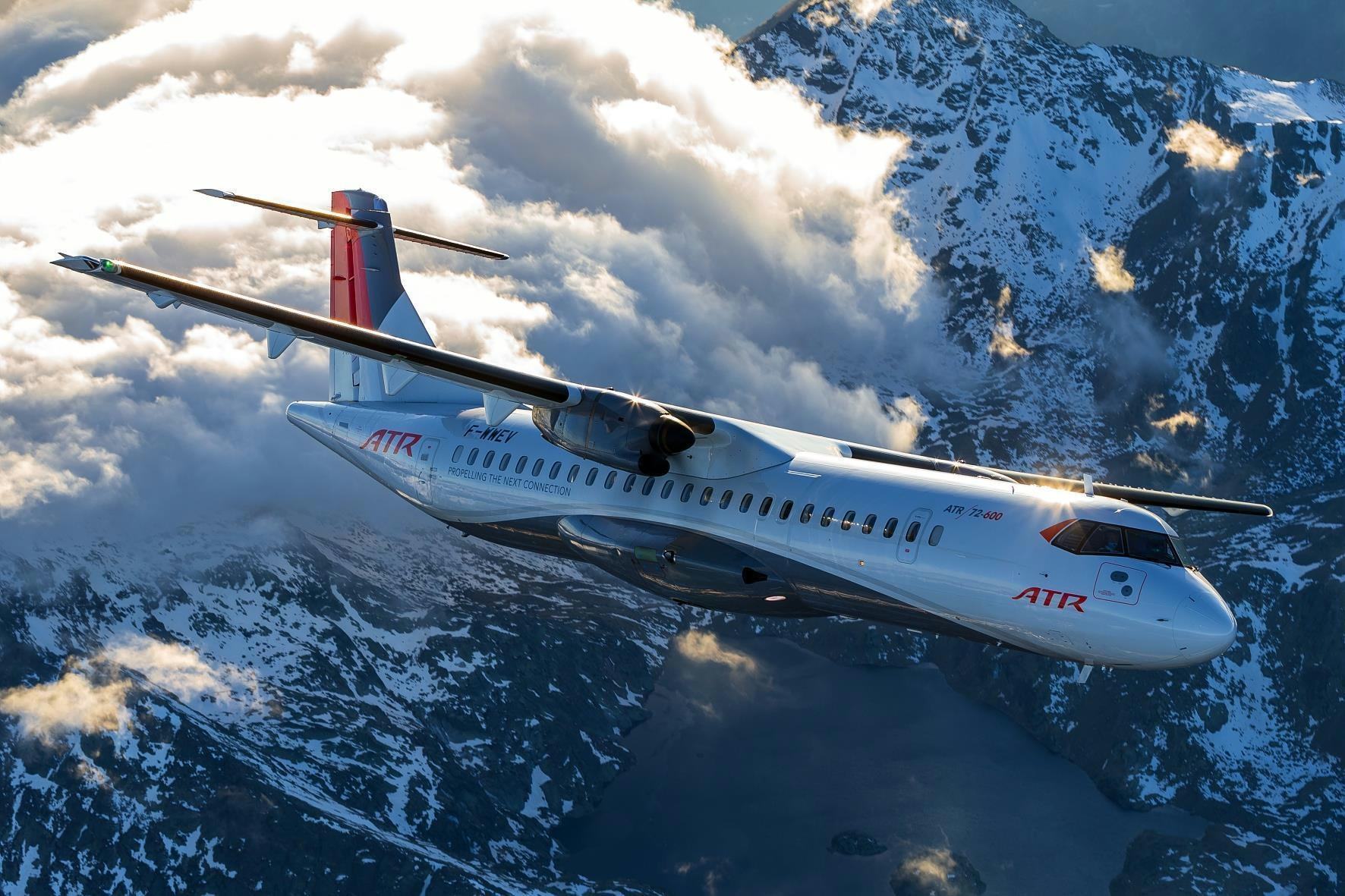
ATR Airlines Misses Targets Amid Aircraft Delivery Delays
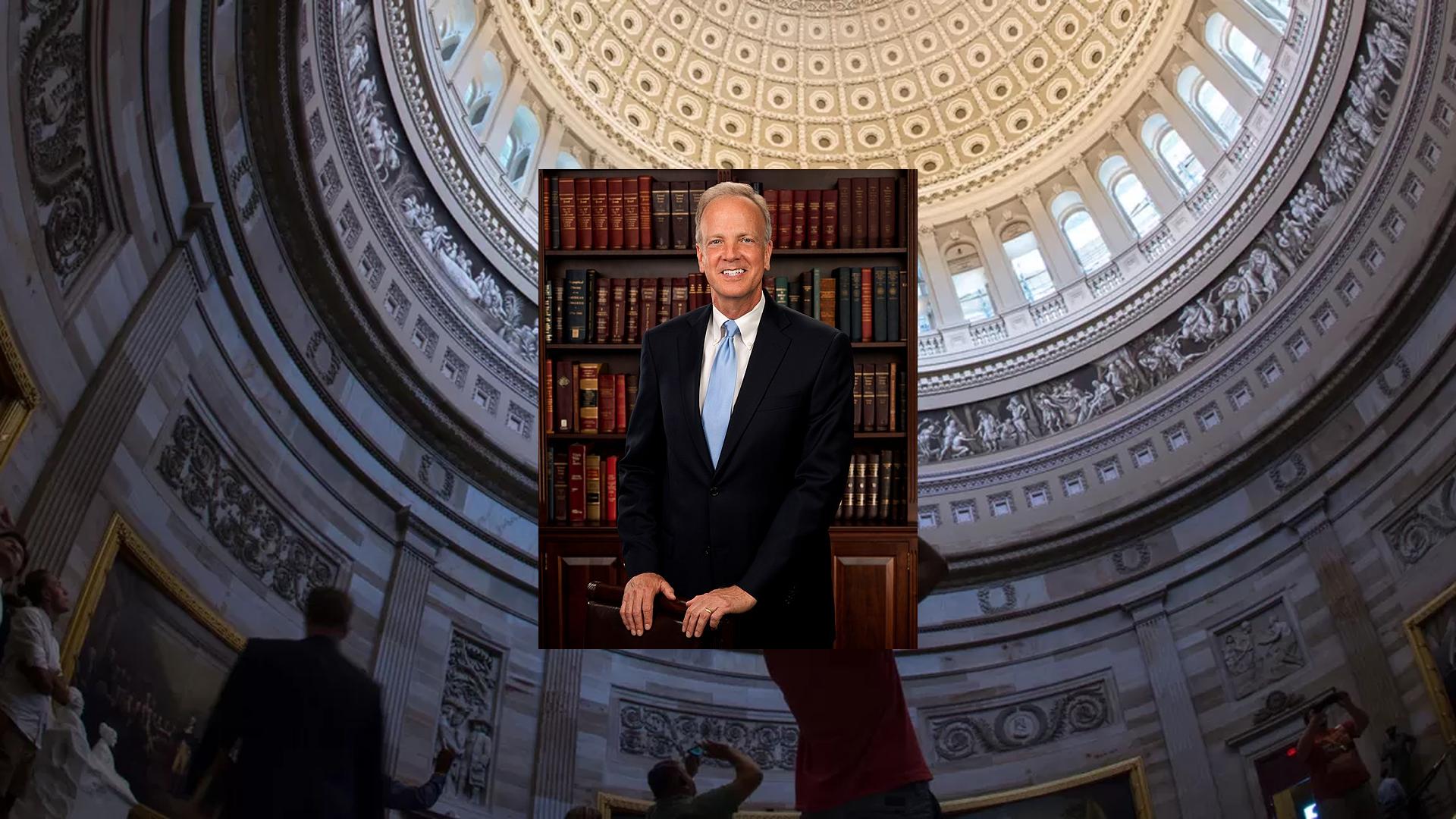
Sen. Jerry Moran Proposes Bipartisan Bill to Improve FAA Certification for Advanced Air Mobility
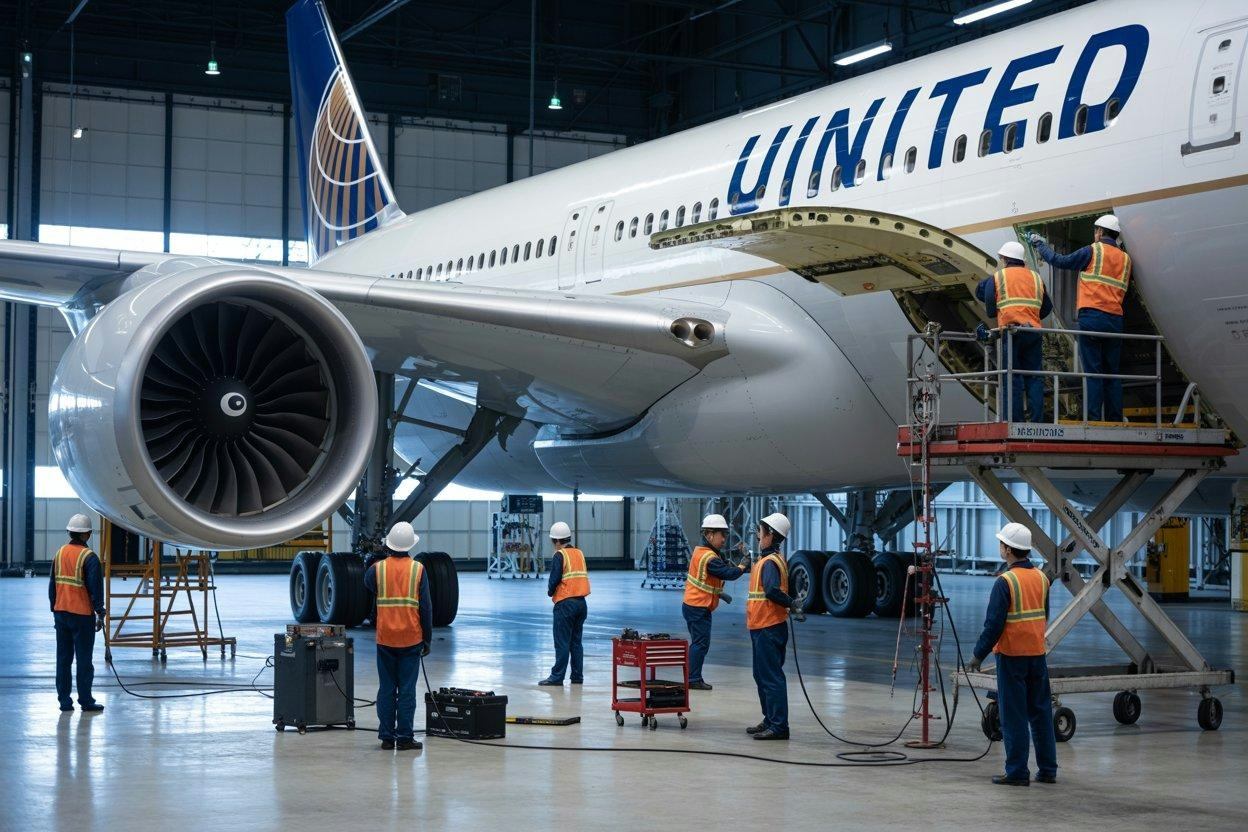
US Audit Identifies FAA Oversight Gaps at United Maintenance

The Impact of Agentic AI on Airport Operations
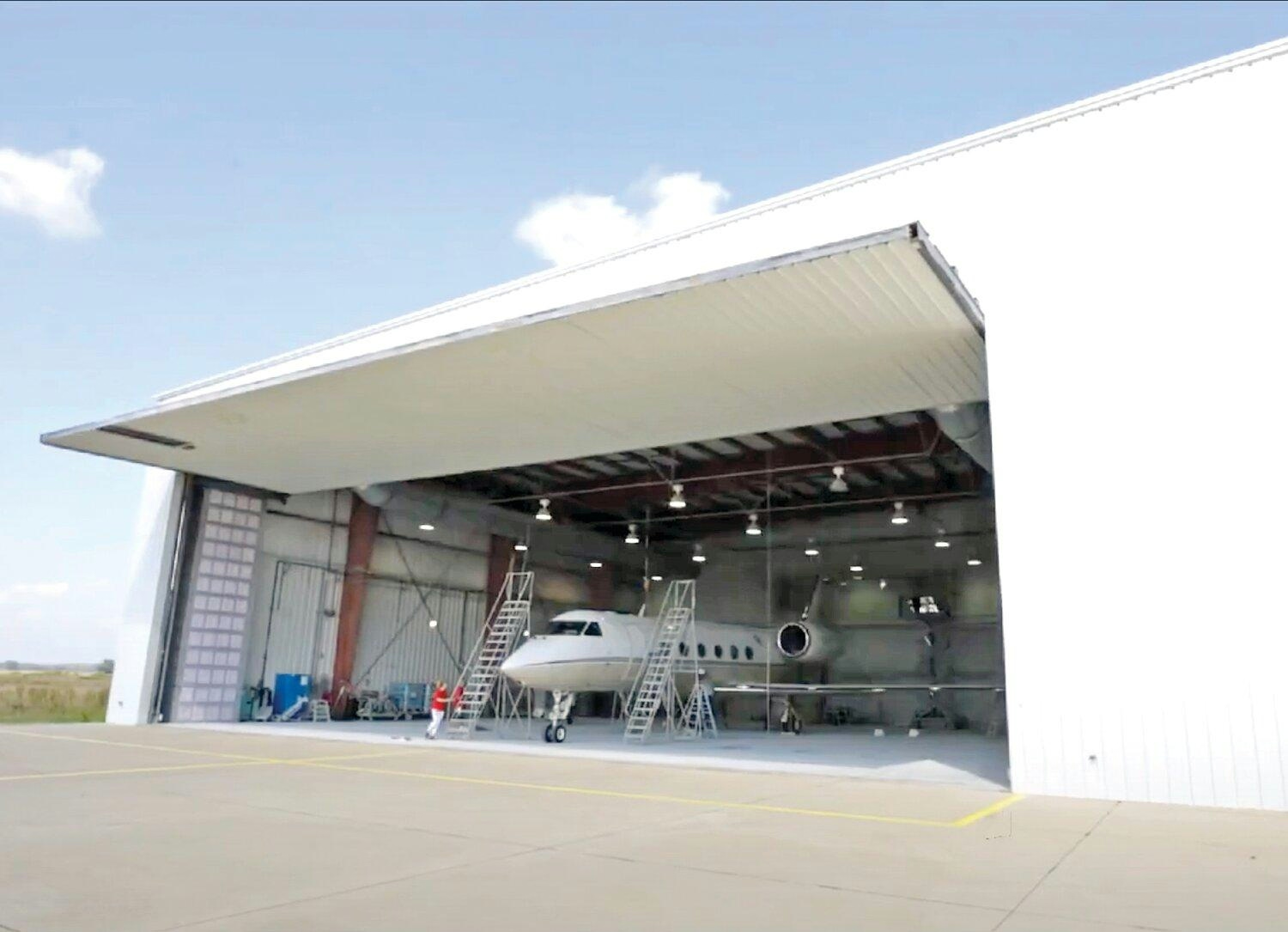
West Star Aviation Announces Expansion in Chattanooga
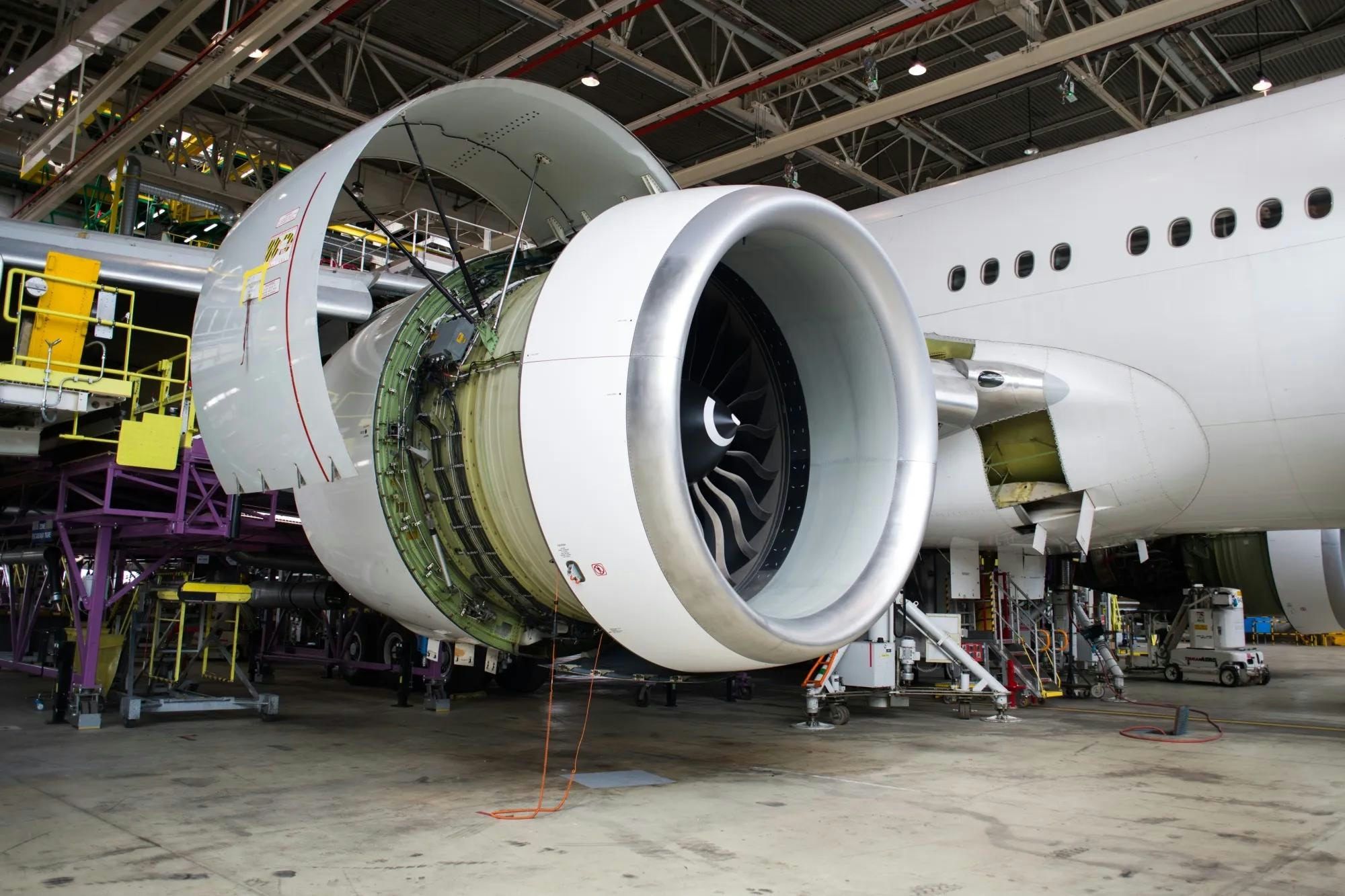
Signs Point to Easing of Aerospace M&A Backlog by 2026

Aviation Design Software Market Projected to Reach $2.8 Billion
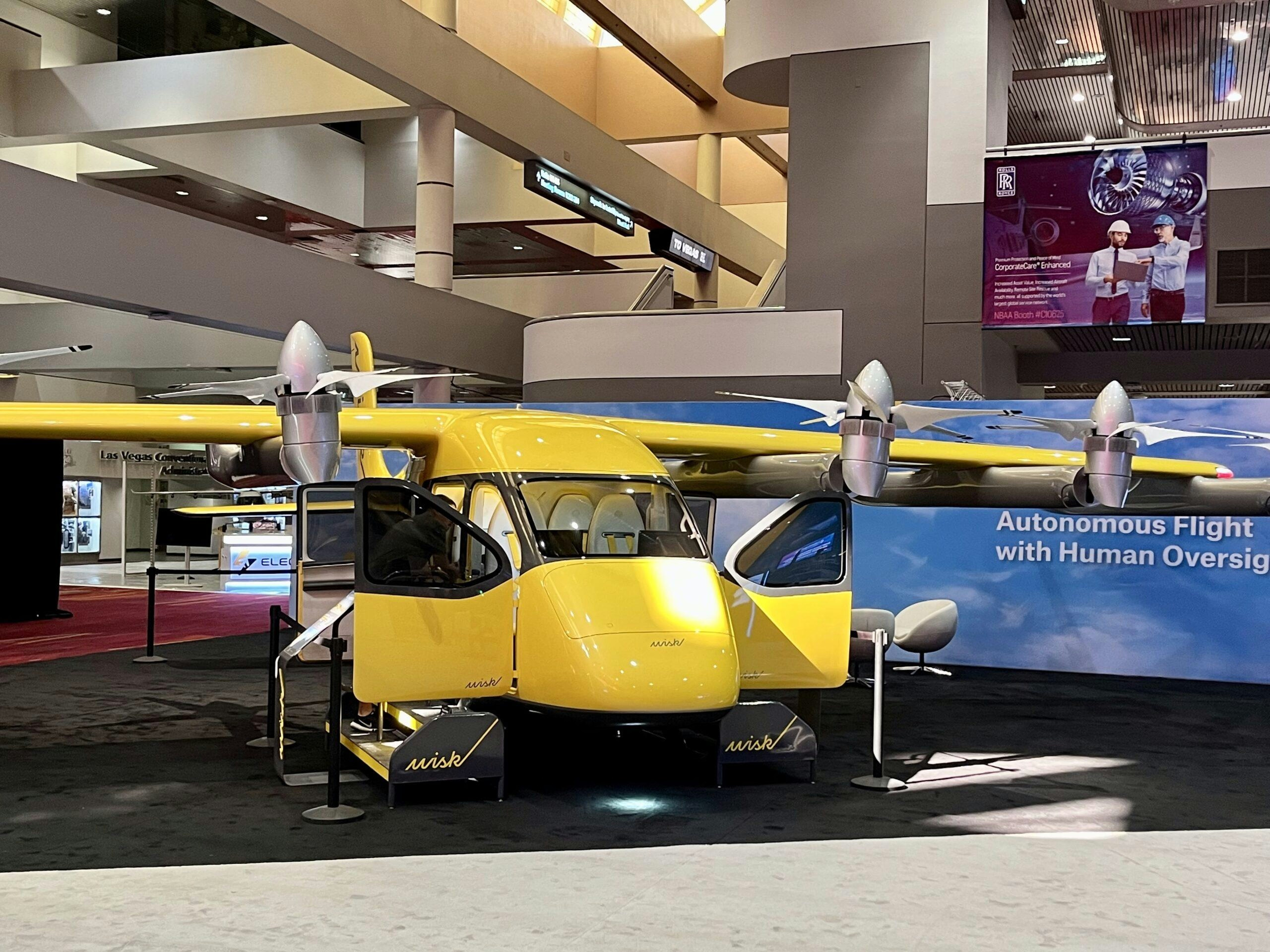
The Future of Aviation in Africa Amid Digital Transformation
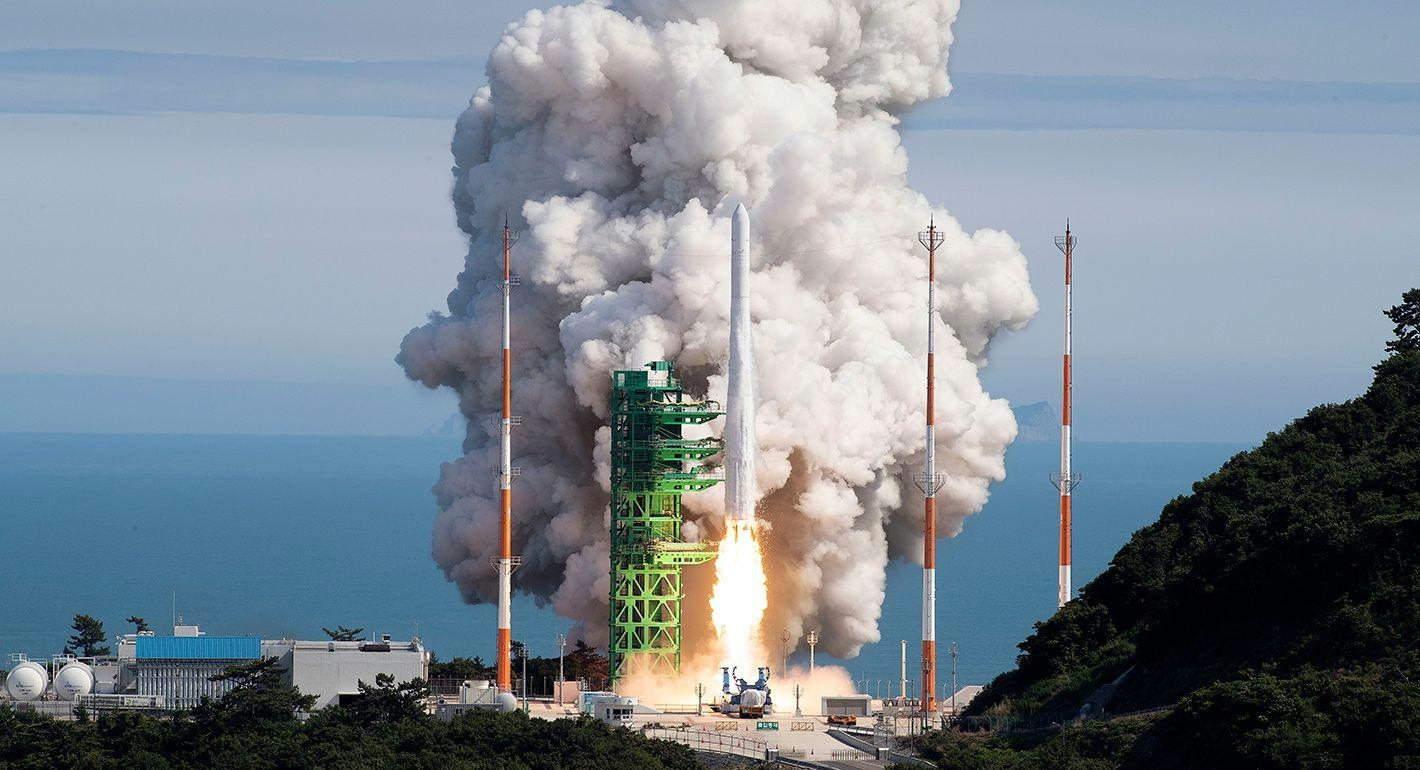
Gyeongnam Province Unveils Mid- to Long-Term Aerospace Industry Roadmap
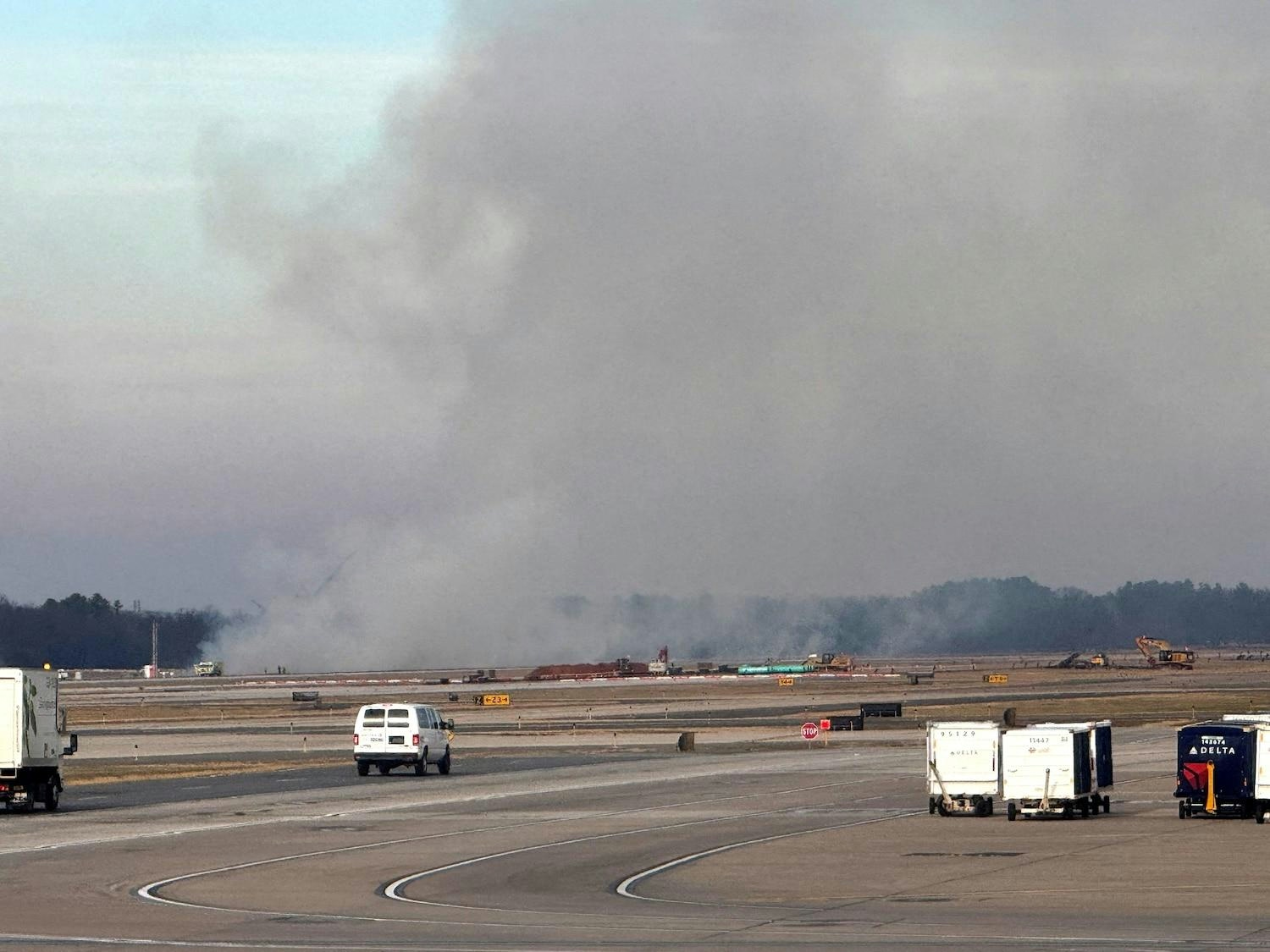
Delta Flight to Atlanta Suffers Engine Trouble, Sparks Grass Fire at Airport
